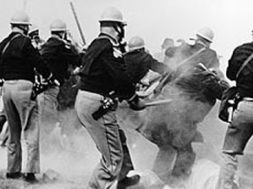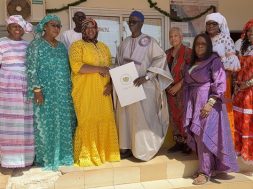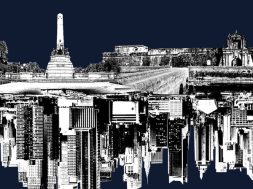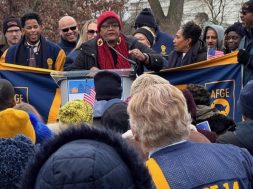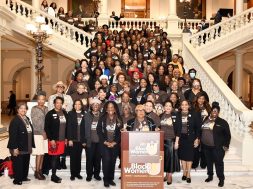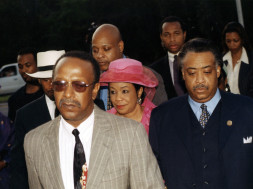
Political Geography May Impact Presidential Race – by Kirk Clay
 While in Atlanta to speak on civil rights strategies for redistricting I visited friends who work in the hip-hop community. We began to talk about the implications that the dramatic population shifts will have on voting patterns in 2012. I cited the fact that based on the Census 2010 data confirmed that it is possible for President Obama to get the 270 electoral votes for his re-election. With adequate resources and a cooperative spirit, the African American/Latino political movement has the potential to change the historic voting patterns in states like Arizona and Georgia.
While in Atlanta to speak on civil rights strategies for redistricting I visited friends who work in the hip-hop community. We began to talk about the implications that the dramatic population shifts will have on voting patterns in 2012. I cited the fact that based on the Census 2010 data confirmed that it is possible for President Obama to get the 270 electoral votes for his re-election. With adequate resources and a cooperative spirit, the African American/Latino political movement has the potential to change the historic voting patterns in states like Arizona and Georgia.
Some of my friends were not convinced. They remembered what happened during this past year when targeted messages and partisan mobilization campaigns by conservatives “drowned out” the voice of the Black community. In the process, America lost our AAA credit rating and we lost traction during a time of recovery. My friends felt that our movement might not be able to stand up to this group of extreme obstructionist.
I don’t believe all is lost. First, this is an election year. There is clear evidence that increased civic participation by communities of color can offset any conceivable lag in progressive voter turnout. For example, according to a study by the Joint Center for Political and Economic Studies, the African American share of the total vote in Illinois increased from 10 percent in 2006 to 19 percent in 2010. Due to this strong turnout, a
candidate who embraced progressive views became governor with only one-third
of the white vote.
The same was true for Latinos in Colorado, and Nevada. In Nevada where Latinos represent 16% of the vote share, 69% voted for the progressive Senate candidate. This was an increase of 4% over the 2006 turnout. In Colorado, Latinos were an impressive 12% of the vote share and pushed the progressive candidate over the top.
I believe the data shows that with proper resources and political momentum, people of color can impact voter turnout rates. If we close the gaps between the populations that are eligible and likely voters, we will have a better chance of regaining our voice and enacting progressive policies. For example a progressive candidate could win Georgia with just 41% of the White vote and 37% in Arizona.
We finished our conversation by reaching the conclusion that African Americans and Latinos are bonded and there are similarities in terms of history and culture. We have, and can continue to come together to develop transformational relationships that dramatically impact politics, culture, and economics. We agreed that by embracing our commonality and addressing our differences we can seize the moment to build our bridge of promise.
We must always remember that the local political machines have never just been about Whites and African Americans. Latinos, Asians, and Native Americans have always existed and participated. Their expanding share of the electorate shouldn’t create anxiety in political circles; rather it should reinforce America’s steadfastness for a new all-inclusive brand of politics. That’s “popping the clutch”.
Kirk Clay is Senior Advisor at PowerPAC, an organization focused on politics and civic engagement. twitter.com/kirkclay

